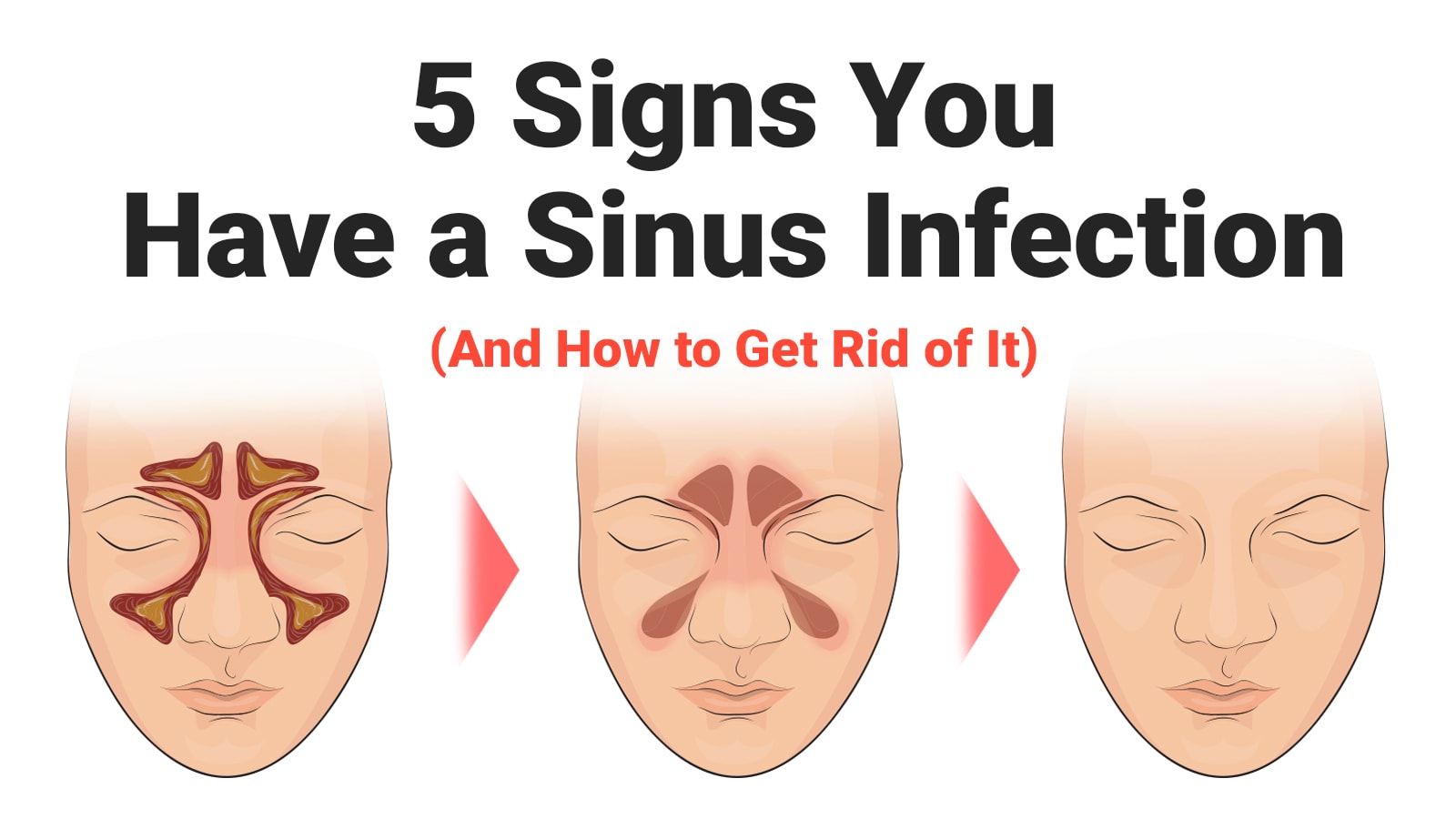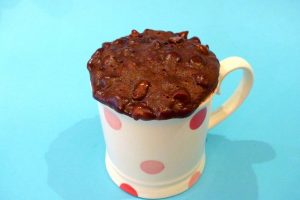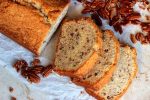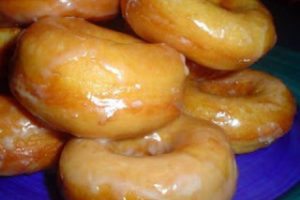2. CONGESTION
Since sinusitis is basically just fluids clogging up the sinus passageways, it makes sense that you’d experience mucus congestion as a result. If your nose is stuffy and you keep needing to blow your nose, you may have a sinus infection – especially if no amount of nose cleaning seems to get the stuffiness out.
Your phlegm may also change color from its ordinary appearance. Most mucus is whitish or clear, but phlegm that you cough out during a sinus infection may be a yellow or green color. The mucus from your nose might also be brighter than usual.
This congestion can cause you to lose your sense of smell. You may also find yourself losing your appetite as a result because you can’t smell food. According to medical doctor Eugene Chio, who works at the Ohio State University Wexner Medical Center as an otolaryngologist, this is due to olfactory inflammation – a sure sign of a sinus infection.
Here are some ways to reduce congestion.
A) NETI POT
Using a neti pot to run through your nasal passages can be great for draining mucus. Use a mix of distilled water and salt to get the job done.
B) YOGA
Yoga can’t solve everything, but opting for a good, supported pose or position that has your head elevated is a great way to clear out congestion. This is according to certified yoga therapist Leslie Kazadi. She states that these poses don’t cause unwanted pressure or pain, but are great for getting rid of mucus buildup.
C) SPICY FOOD
If you’ve eaten spicy food at all before, you may have noticed that it gets your nose running. As such, you can consume these types of meals to drain congested nasal passageways. In addition, the peppers used in most zesty dishes often have capsaicin in them, which is a great pain-relieving component for other symptoms.
3. HEADACHES
One of the most commonly misattributed symptoms of sinusitis is a headache. Some might have pain that radiates down their neck and onto different body parts, too. These headaches are a result of filled sinus canals, which are congested and cause pressure all over the sinuses – including ones in the upper portion of your head.
People often mistake these for migraines, or chronic headaches, or random pain. To be fair, plenty of headaches are caused by easily treatable issues, including:
- Tiredness
- Lack of sleep
- Dehydration
- Strained eyesight
However, headaches shouldn’t last for multiple days on end. If you are experiencing a very bad chronic headache that just doesn’t go away, you might be dealing with bad sinus infection symptoms. This is according to medical doctor Edwin F. Williams III, who is a Fellow of the American College of Surgeons.
Luckily, there are plenty of headache remedies you can use to combat this symptom. Here’s how.
A) GINGER
This natural ingredient fights inflammation. Simply steep some ginger root into hot water to create a delicious tea that soothes pain and reduces headache pressure.
If you have a sore throat, you can opt to add in some honey, too. Plus, you’ll find your nasal cavities draining thanks to the slight spice of the ginger’s taste. There’s a reason ginger is a superfood – it provides many positive benefits!
B) HOT SHOWERS
Basking in warm, steamy water can help the nasal cavities to expand and open, thus letting fluid drain out. This can greatly relieve head pain caused by a sinus infection.
Use this remedy at the beginning of a day to enjoy its relieving effects, since lying down all night increases nasal clogs. However, do so in balance, as staying under a steamy shower for a long time could cause dizziness.
C) SALINE SOLUTION
Use a saline solution spray around the nose in order to bring down inflammation in its passages. This can be great for reducing fluid blockage, thus leading to headache relief. Plus, it can clear congestion, too!
4. TOOTHACHE
Toothaches are extremely unpleasant. Most people who experience them aren’t so quick to attribute them to sinus issues, but they are one of the more overlooked symptoms. Around the maxillary area – essentially around the cheek – you may feel pain, but it’s not gum disease or a cavity!
This happens because the teeth have upper roots that extend far upwards, typically close enough to the sinus to be affected by their filling. Your gums may hurt as a result, thus leading to toothaches. The good news is that there are ways to relieve this pain, including:
A) WARM COMPRESS
Apply a warm compress to your face in order to help warm up your nasal ways and sinuses. This can help to reduce blockage, and also provide pain relief.
If you’re feeling a lot of pain, you can try to alternate a warm compress with a cold one. It takes a bit of getting used to, but is great for relief!
B) FACE STEAMING
Steaming your face while inhaling steam is a great way to relieve pain. You can also boil water, remove it from the heat, and bend over the pot to inhale it. Drape a towel over your head for best effects. Make sure you are keeping your eyes closed while you do so and don’t put your face too close!
On top of that, it’s great for pain relief and helps moisturize your skin and sinuses, so it reduces congestion, making it an all-around positive method to try!
5. SICKNESS
You might feel sick or unwell when you have a sinus infection. You might cough a lot due to congestion and mucus buildup. You might have a sore throat that feels itchy. You may have a fever – a sure sign of an infection of some kind. You may even be fatigued, chilly, or have aching muscles.
If this sickness is combined with other sinusitis symptoms, don’t assume it’s just a cold! This isn’t something positive thinking will fix. If you’re feeling sick and are having trouble getting better, you can opt for medications for pain or even ones made for sinusitis. Here are some examples of ways to help.
A) BROMELAIN
Bromelain is made up of enzymes, all which can be found in pineapples. It’s typically sold for the purposes of dietary supplementation. Research has found that it’s great for treating inflammation in sinus infections! Taking between 500 and 1000 mg of bromelain per day can give you the relief you need.
B) ADVIL
This drug can be purchased over-the-counter, has anti-inflammatory effects, and is great for relieving pain that comes with sinusitis.
C) HUMIDIFIERS
If you experience your worst sinusitis symptoms at night, it is likely due to dry air in your room. This can lead to higher mucus production. As such, purchasing a cool humidifier can have positive effects on your sinus infection – and on overall health.
With all this being said, please note that in most cases, sinusitis does not need to and should not be treated with medication. Speak to your doctor before trying any new medications!
FINAL THOUGHTS ON SIGNS YOU HAVE A SINUS INFECTION AND HOW TO FIX IT
Most people make the mistake of thinking that their sinus infection is just a cold. This can cause someone to neglect proper care that would ease or get rid of their sinusitis symptoms, and it can lead to incorrect, ineffective treatment methods too.
By keeping an eye out for these 5 signs you have a sinus infection and knowing how to get rid of those symptoms, you’ll be on your way to a better year filled with good health and positive thinking!









